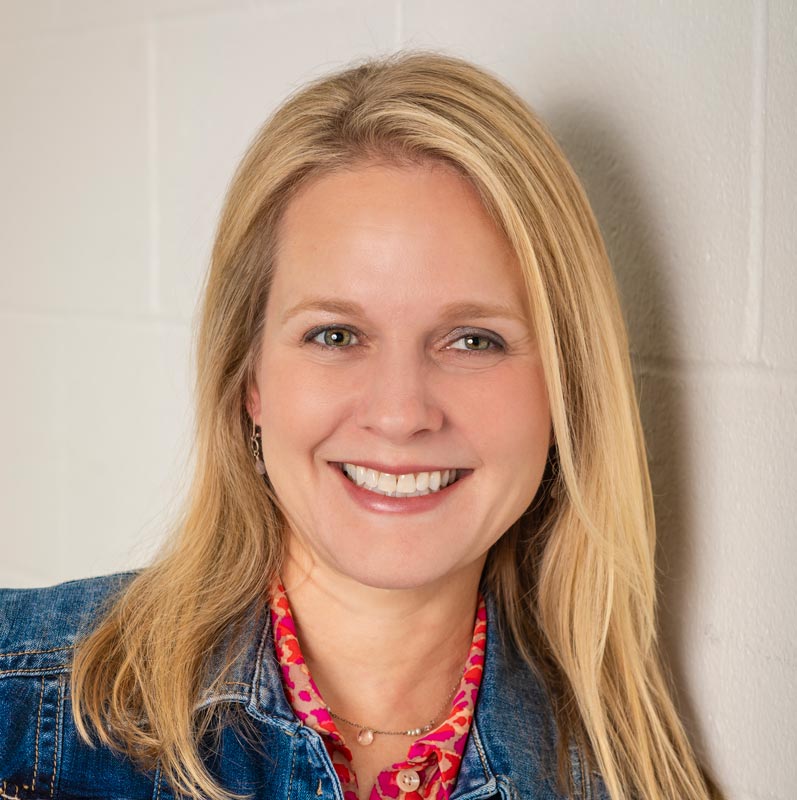
Welcome!
Be sure to check out the pages dedicated to each of my books for loads of fun extras like playlists, glossaries, photos, book club ideas and more. Poke around and have fun!
Also see the Events page because I’d love to meet you in person. For the most up-to-date information, subscribe to my newsletter so that notices come straight to your inbox. I am so grateful to you for reading my books. Thank you!
Introducing...
SMOKE on the WIND
In the magnificent Scottish Highlands, two devoted mothers separated by centuries discover a haunting connection in a gripping novel by the USA Today bestselling author of The Girl Who Wrote in Silk.
“A captivating time-slip novel that masterfully intertwines two mothers’ journeys across centuries in Scotland’s breathtaking highlands. Kelli Estes creates richly drawn characters whose maternal devotion transcends time itself. With its balance of historical detail, supernatural elements, and emotional depth, this unputdownable story explores the extraordinary lengths mothers will go to protect their children. A haunting, beautiful read that lingers long after the final page.“
Susan Wiggs
NY Times bestselling author of The Wayward Girls
“In this compelling dual narrative set two centuries apart along the West Highland Way in Scotland, award-winning author Kelli Estes bends reality to create a believable connection between two female protagonists as they protect their sons from past trauma and share the searing pain of letting them go. Readers are left wondering how thin the scrim between past and present might be — and reminds us to look both for signs from the past and from the natural world to propel us toward the future. A well-researched and highly immersive read from an accomplished author of historical fiction.”
Ashley E. Sweeney
Author of The Irish Girl
today we go home
In this evocative work of historical fiction, Kelli Estes pairs two military women who―in the Civil War and Afghanistan―share determination, honor, and a call to serve the United States, no matter the cost.
“Today We Go Home shines an illuminating light on history and the female soldiers who have served this country from the Civil War to Afghanistan today. Kelli Estes passionately brings the past to life, interweaving the story of two women from different centuries whose journey toward hope is timeless.“
Gwendolyn Womack
USA Today bestselling author of The Fortune Teller and The Time Collector


The smallest items can hold centuries of secrets…
“The Girl Who Wrote in Silk is a beautiful story that brought me to tears more than once, and was a testament to the endurance of the human spirit, and the human heart. A powerful debut that proves the threads that interweave our lives can withstand time and any tide, and bind our hearts forever.“
Susanna Kearsley
NYT Bestselling author of A Desperate Fortune and The Firebird




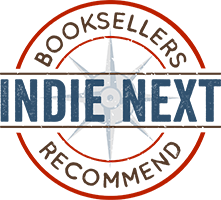
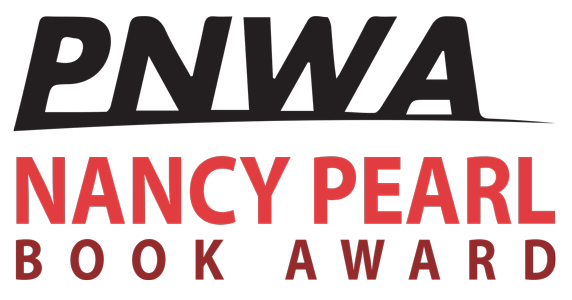
Praise for Books by Kelli Estes
“This tender story about complex women is an easy one to fall into. It makes the perfect read for those who savor the finer details of historical fiction and love to cheer for strong female protagonists.” ~ DUE SOUTH Magazine
“Carefully crafted and perfectly paced, the novel takes readers on a deeply satisfying, memorable journey. Part mystery and part romance, the novel is also a fascinating look at an often forgotten period of Pacific Northwest history and a moving reminder of the stories we all share.” ~ Booklist
“At its core, Today We Go Home is a story of breathtaking resilience, honor, and courage in the face of unprecedented challenges. Characters’ struggles quite literally transcend time and generations, offering up connection and hope in a time of need. And, as Larkin comes to understand and say, hope never tasted so sweet.” ~ Booktrib
“This story is compelling, heart wrenching, and absolutely a beautiful read.” ~ Vintage Books, Vancouver, WA
“A touching and tender story about discovering the past to bring peace to the present.” ~ Duncan Jepson, author of ALL THE FLOWERS IN SHANGHAI


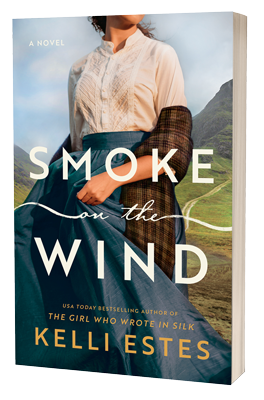
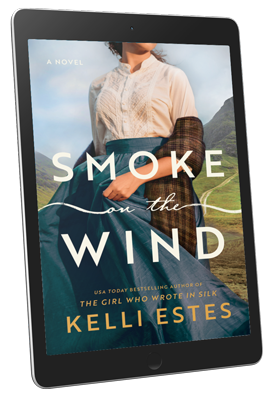

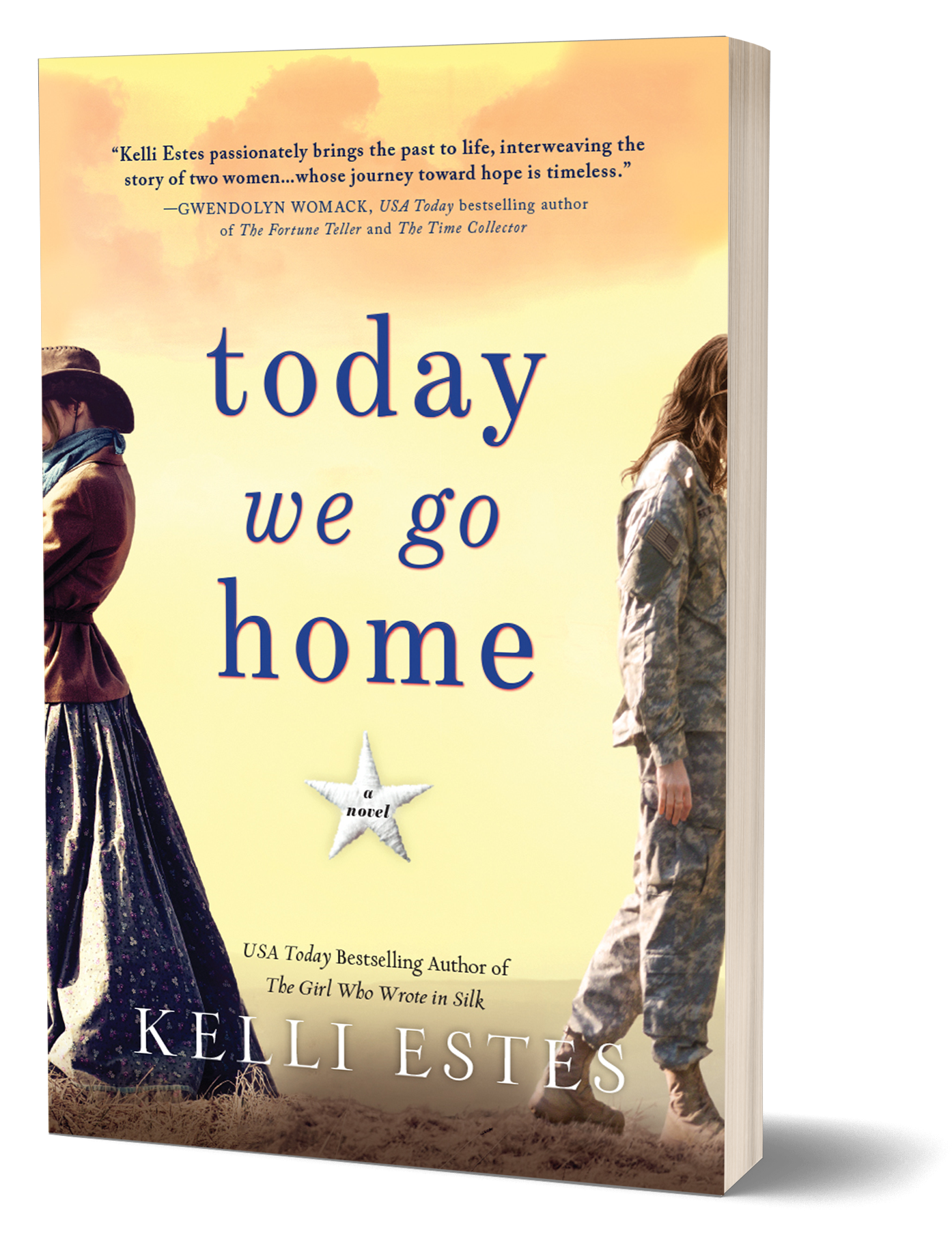
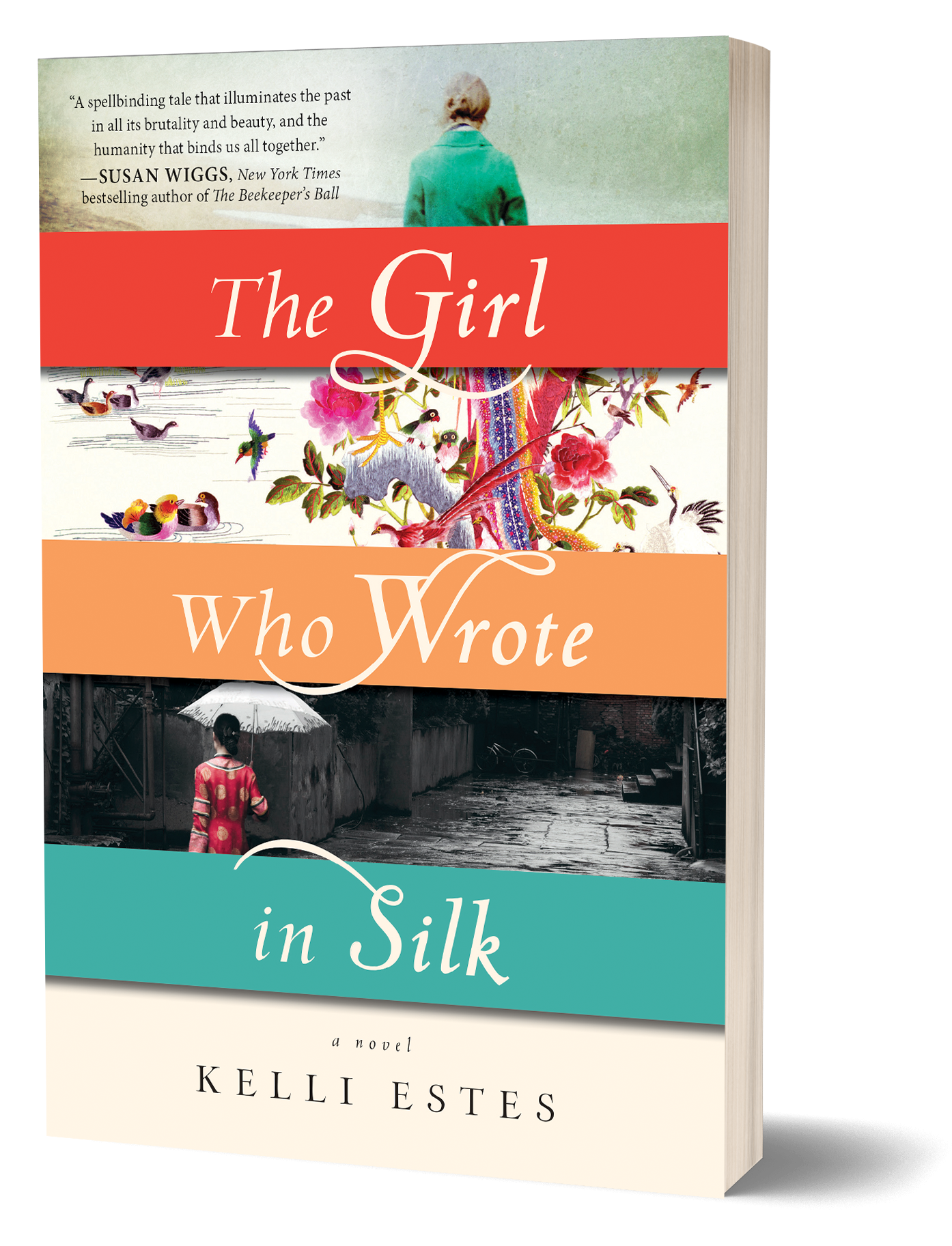
 Get FREE print-at-home bookmarks I designed just for you, and join my community of readers interested in book events, giveaways, behind-the-scenes info, and more. I only send a newsletter when I have something interesting to share and I will never give your contact info to others.
Get FREE print-at-home bookmarks I designed just for you, and join my community of readers interested in book events, giveaways, behind-the-scenes info, and more. I only send a newsletter when I have something interesting to share and I will never give your contact info to others.